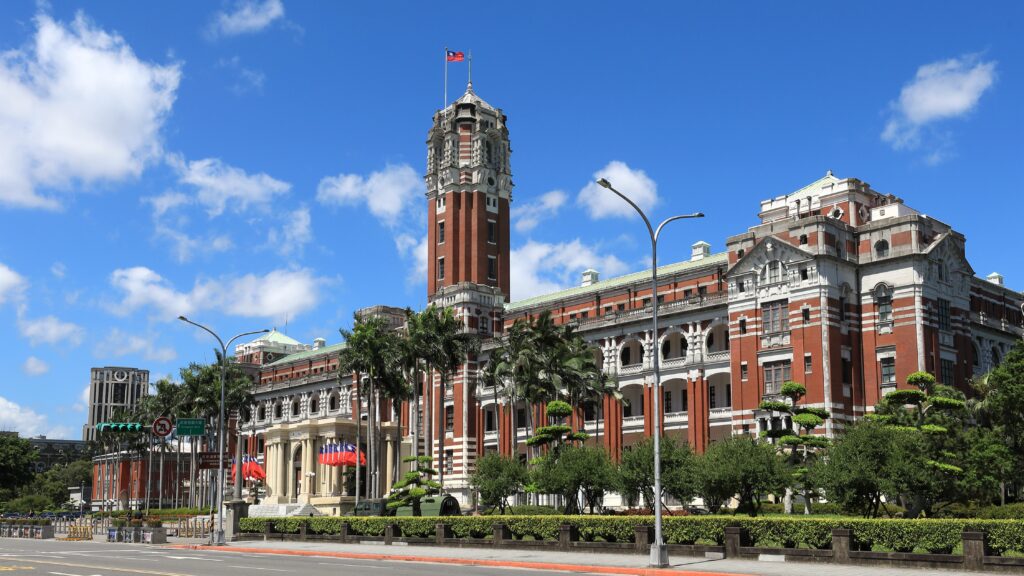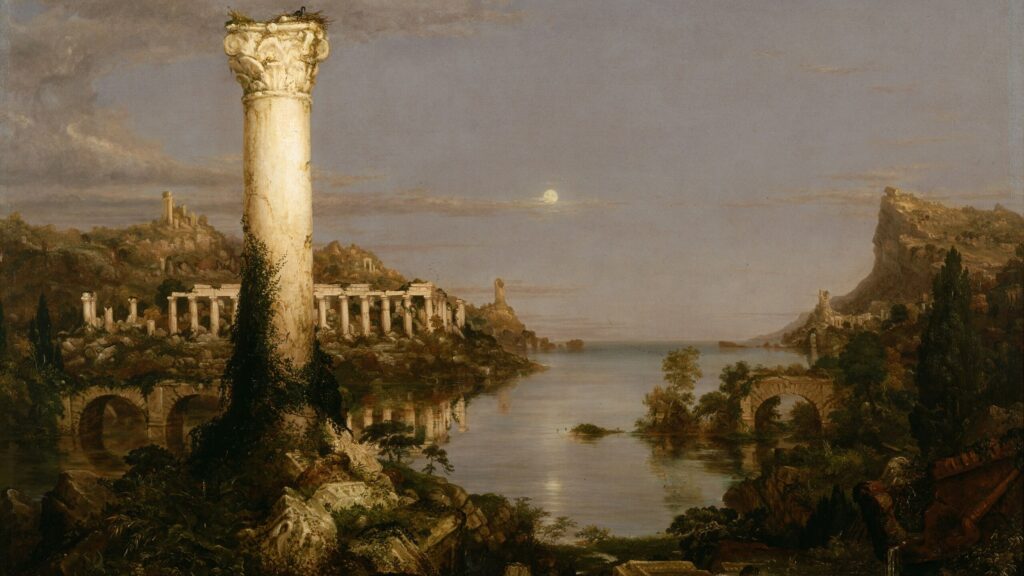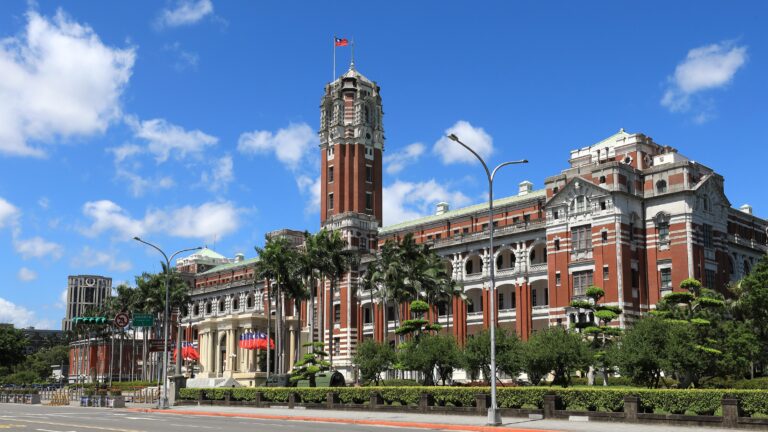One of the most dominant and widely known ideas in psychology is that there is a hierarchy of needs and motivations that can be applied to nearly every person. The theory is a classification system that is meant to reflect the universal needs of society as a foundation, and then progress to more acquired emotions.1 This hierarchy has remained a popular framework in many disciplines, such as sociology, or even political science. The most important of the needs described in the pyramid are the need for safety/security and physiological needs such as food/water/sleep.2 Disruptions, such as economic instability, social breakdown, or physical threats, can push individuals and societies back down Maslow’s pyramid, forcing them to focus their energy on finding security and stability, with other needs, such as morality or the need for individuality, taking a back seat.3
The outbreak of the Russo-Ukrainian war has changed the political agenda in many European countries.
The threat and fear of war spread to other countries and affected not only Russian and Ukrainian citizens, but the whole of Europe.
War takes the form not only of bombs and missiles but also of economic change and social upheaval, leaving indelible marks on the fabric of societies and the livelihoods of individuals. Although war can be conceptualized from many different perspectives, such as security or law, the most ancient roots of its existence are in the art of history. One of the most prevalent and ancient historical writings of all time was written by a Greek historian and military leader, Thucydides4. His description has been influential not only in history textbooks but also in modern political thought. He is also credited as the founder of the school of political realism, which sees the political behaviour of individuals and the consequent outcomes of interactions between states as ultimately mediated by and based on anxiety and self-interest.5 This idea is reflected in the main theme of this article, the present idea of the ‘Thucydides Trap’, and also in the legacy of Thucydides’ writing, The History of the Peloponnesian War.
In writing a concise piece on the historical events of the Peloponnesian war (431–421 AD), Thucydides was attempting to create a work that was beyond his time.6 By describing the events in great detail, but also finding parallels between other historical elements, he aimed to create a lasting value.
As he wrote: ‘The absence of romance in my history will, I fear, detract somewhat from its interest; but if it be judged useful by those inquirers who desire an exact knowledge of the past as an aid to the interpretation of the future, which in the course of human things must resemble if it does not reflect it, I shall be content. In fine, I have written my work, not as an essay which is to win the applause of the moment, but as a possession for all time.’7
Over time, his vision became a reality. In 2017, POLITICO published an article about the increasing popularity of Thucydides’ writings and the spread of his ideas among politicians and advisors.8 A concept based on the ideas present in his writings became widespread, namely, the ‘Thucydides Trap’. The term, popularized by Graham T. Allison,
describes the obvious propensity for conflict when a rising power threatens to replace an existing great power as a regional or international hegemon.9
In 2015 this theory gained popularity and is particularly relevant to the study of the relationship between China and the United States.10 The term not only describes a certain casus belli but also, through parallels between China–US relations and the Peloponnesian war, forms a counter-pole to Fukuyama’s notoriously failed and innocent vision of the end of history.11
The Thucydides Trap reflects the ever-emerging threat of war arising from a growing number of proxy conflicts, which are also causing tensions between nations and alliances.12 While these rivalries are constantly escalating, circumstances and alliances had different dynamics in the past—and as a major obstacle to this line of thought—the Thucydides Trap misses the main idea of the Peloponnesian war and the real casus belli of the conflict between Athens and Sparta.
As Professor Joseph S. Nye has mentioned, like many other wars, the emergence of a new power was not the only motivation for war, but surprisingly the opposite. In the case of the Peloponnesian war, the conflict was not caused by a rising Athens attacking Sparta, but by the stagnation of Athens, which led Sparta to believe that a number of ‘Athenian political mistakes’ made it ‘worth risking war’.13
Nevertheless, the description of the Thucydides Trap is more a description of a spontaneous escalation rather than a well-calculated move towards changing the international order. Applied to the case of the US and China, the ‘Thucydides Trap’ is far removed from the reality and complexity of such power relations, beyond being a useful rhetorical tool. Its existence, however, is an indication of current shifts and new trends in global politics that should receive more attention and more detailed research.
1 Saul McLeod, ‘Maslow’s Hierarchy of Needs‘, Simply Psychology, 2024, https://www.simplypsychology.org/maslow.html.
2 Ibid.
3 Ibid.
4 Arnold Wycombe Gomme, ‘Thucydides | Greek Historian‘, in Encyclopædia Britannica, 8 February 2019, https://www.britannica.com/biography/Thucydides-Greek-historian.
5 Julian Korab-Karpowicz, ‘Political Realism in International Relations (Stanford Encyclopedia of Philosophy)‘, Stanford Encyclopedia of Philosophy, 26 July 2010, https://plato.stanford.edu/entries/realism-intl-relations/.
6 Michael Crowley, ‘Why the White House Is Reading Greek History‘, POLITICO, 2017, https://www.politico.com/magazine/story/2017/06/21/why-the-white-house-is-reading-greek-history-215287/.
7 Thucydides, The Peloponnesian War, Book 1, Chapter 22, www.perseus.tufts.edu, n.d., https://www.perseus.tufts.edu/hopper/text?doc=Thuc.+1.22&fromdoc=Perseus%3Atext%3A1999.01.0200.
8 Michael Crowley, ‘Why the White House Is Reading Greek History‘, POLITICO, 2017, https://www.politico.com/magazine/story/2017/06/21/why-the-white-house-is-reading-greek-history-215287/.
9 Alek Chance, ‘The Problem with the Thucydides Trap‘, ICAS, 2015, https://chinaus-icas.org/research/problem-thucydides-trap/.
10 Ibid.
11 Francis Fukuyama, The End of History and the Last Man, Penguin, London, 1992.
12 Frank Hoffman and Andrew Orner, ‘The Return of Great-Power Proxy Wars‘, War on the Rocks, 2 September 2021, https://warontherocks.com/2021/09/the-return-of-great-power-proxy-wars/.
13 Alek Chance, ‘The Problem with the Thucydides Trap‘, ICAS, 2015, https://chinaus-icas.org/research/problem-thucydides-trap/.







